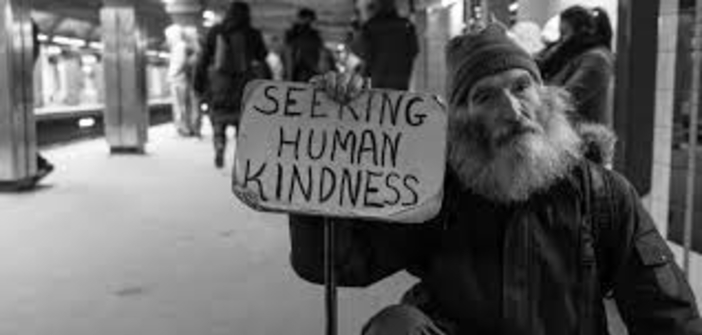In response to the Covid-19 crisis, we must protect the entire population. Homeless people have the right to the same protection and sanitary conditions as other citizens. Moreover, solidarity with the homeless goes hand in hand with preventing the spread of the virus. Indeed, it would be pointless to impose a curfew and allow people on the streets to be forced to cross the city to find active food distribution centers and shelter.
Let’s remember that the issue of homelessness does not only concern those living on the streets but also exiled individuals who sometimes do not know our language, nor of course, the city, those in precarious situations living in squats, working poor sleeping in their cars, and people living in makeshift camps.
While many cities in France quickly opened public buildings to accommodate the homeless, the city of Nice waited until March 23 to announce the opening of a youth hostel and the boarding school of Massena High School. The youth hostel was full as soon as it opened. The Massena High School boarding school never opened. It took six days to learn that instead, the city was opening the Pasteur gymnasium to the homeless on that day. So much time lost and incomprehensible procrastination in the midst of managing a health and social crisis!
While all those who respond to the social emergency know it is necessary to meet the homeless one by one and try to convince them to come to a shelter; otherwise, the majority of them will not be protected, Christian Estrosi is stuck in a bureaucratic mindset, waiting for the homeless to come by themselves to request accommodation. It is essential to coordinate both associative and institutional outreach efforts to cover the city and meet with the homeless to guide and protect them.
We are asking both the Prefect and the mayor of Nice to implement a true health crisis management approach aimed at helping the most vulnerable, in line with the health and social emergency our city is facing. We also request full transparency concerning the measures being put in place, and that associations and citizens be more involved in the decisions made and their implementation.


